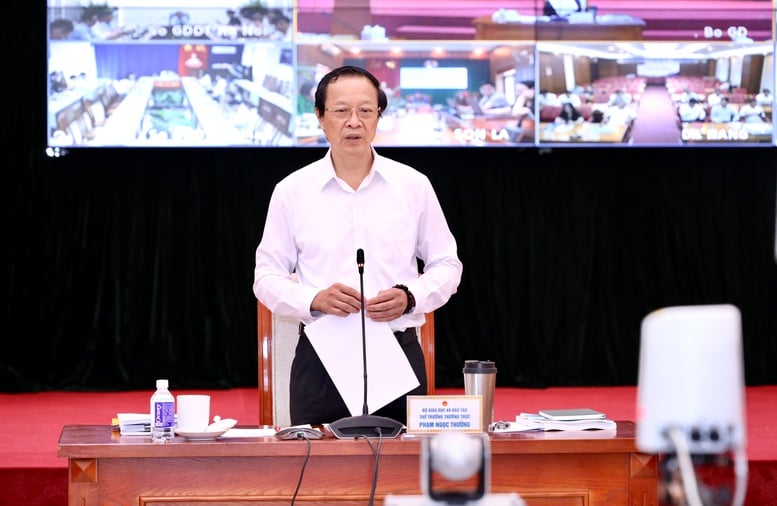
Deputy Minister Pham Ngoc Thuong said that ministries and branches are actively grasping the situation and removing difficulties for the new model, especially at the commune level - Photo: VGP/Nguyen Manh
On the morning of August 5, the Ministry of Education and Training (MOET) held a conference to deploy decentralization of state management of education when implementing two-level local government. Permanent Deputy Minister Pham Ngoc Thuong chaired the conference. The conference was held in a combination of in-person and online formats at the MOET bridge, 34 Departments of Education and Training and more than 3,000 commune and ward bridge points nationwide, with more than 50,000 attendees - of which about 90% were commune-level officials.
Deputy Minister Pham Ngoc Thuong said that the two-level local government has been operating for more than a month. The Ministry of Education and Training has proactively organized seminars and compiled guidance documents to send to localities to prepare for implementation. To date, all 34 Departments of Education and Training and more than 3,300 communes have received the documents; the number of downloads has reached more than 20,000, showing great interest from officials at all levels.
The Deputy Minister emphasized that although many people have management experience, with the new model, everyone is still in the initial stage. Therefore, it is necessary to concentrate highly, study documents carefully, and actively discuss to resolve problems. He also noted that the implementation process will not be completed immediately, there will be problems, so it is necessary to complete it while doing, turning the training process into self-study and self-improvement.
The Ministry of Education and Training will establish a contact point to receive feedback and develop Q&A documents to support localities. The Deputy Minister called on localities to continue promoting a sense of responsibility, initiative, and creativity, ensuring that education management operates smoothly and effectively.
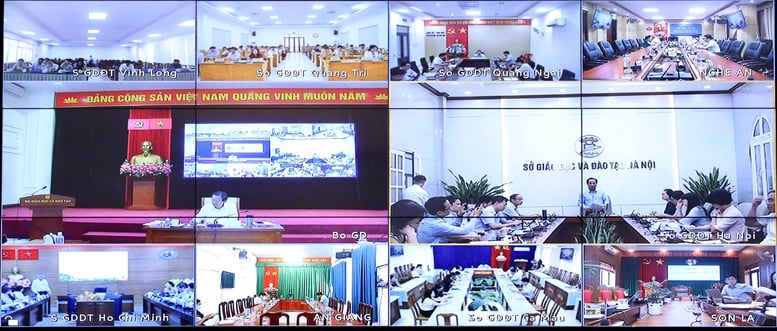
Delegates share good lessons and good models in localities - Photo: VGP/Nguyen Manh
Solving difficulties from team practice and expertise
In Hanoi , Director of the Department of Education and Training Tran The Cuong expressed that the biggest concern is still the human resource problem. Of the 347 civil servants of the Department of Culture and Social Affairs at the district/county level, only 212 have a teaching degree. Notably, many people specialize in preschool but are also in charge of primary and secondary schools, leading to many difficulties in implementing their tasks.
To solve this problem, Hanoi has established specialized clusters, each cluster equivalent to the scope of the old district, supporting activities such as competitions, teacher recruitment, quota allocation, etc. At the same time, implementing the secondment of staff from educational institutions to communes/wards; promoting training for specialized staff and applying information technology in management and primary school enrollment.
Ho Chi Minh City also quickly started preparing for the new school year, in the context of the new administrative system posing clearer requirements on the role of the commune level. Director of the Department of Education and Training Nguyen Van Hieu said that the City has closely coordinated with localities, especially special wards and communes, to organize training, review facilities, equipment, and teaching staff. He highly appreciated the Ministry of Education and Training's synthesis and systematization of legal documents related to decentralization, creating favorable conditions for localities in implementation.
In Hoa Son Ward (Dak Lak), Chairman of the People's Committee Huynh Viet Trung shared that although the locality has proactively established three professional groups - preschool, primary school, and secondary school to support consulting, there are still many difficulties when officials do not have education expertise, while the workload is large. The locality hopes to soon have a solution to connect industry data, to resolve the shortage of teachers in especially difficult areas.
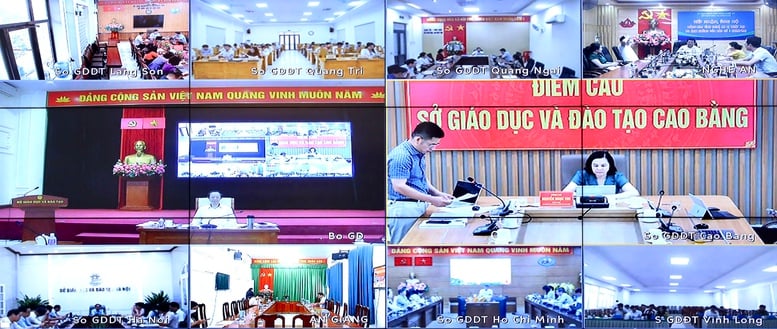
The Chairman of Tan Giang Ward People's Committee informed that the ward has organized dialogues with key teachers, consulted education experts and conducted field surveys at schools - Photo: VGP/Nguyen Manh
Commune level is close to the people, understands the work but lacks a foundation in educational management
In Cao Bang, Tan Giang ward is managing 12 educational facilities with 124 classes and more than 3,500 students. Chairman of the ward People's Committee Nguyen Minh Chau said that the commune-level government "is located right in the area" so it has the advantage of understanding the circumstances and needs of parents and students, and is more proactive in building educational development plans and managing facilities.
However, Mr. Chau also frankly acknowledged the limitations: only 36 out of 135 commune officials have a teaching degree. Commune and ward leaders mainly have an administrative background, while educational management requires in-depth knowledge of curriculum, teaching methods, school psychology, school administration, etc., which are very specific fields.
To fill the gap in expertise, Tan Giang ward has organized dialogues with key teachers, consulted education experts and conducted field surveys at schools. A new direction being studied is to pilot a flexible boarding school model, in line with the general direction of the Central Government in the current period.
Imbued with "4 proactive", thoroughly grasped "4 no's", aiming for "6 clear"
Deputy Minister Pham Ngoc Thuong acknowledged the sense of responsibility and participation of more than 50,000 officials from localities, emphasizing: "If management levels do not listen, share, and create together, the tasks at the grassroots level will become extremely challenging."
According to the Deputy Minister, in recent times, many localities have promoted the "4 proactive" measures well: proactively grasping the situation; proactively training and guiding; proactively removing difficulties; and proactively implementing tasks.
To implement more effectively, he requested to thoroughly implement the spirit of "4 no's" in the implementation organization: no gaps, no overlap, no ambiguous content, no lack of management methods. In particular, he emphasized innovation in management thinking and application of information technology - digitalization.
An important task assigned to the commune/ward leaders is to carry out well the planning work, appoint principals and vice principals, and select people who are truly capable, responsible and capable of leading the school in the new context.
The Deputy Minister also reiterated the "6 clear" principle: clear people, clear work, clear responsibility, clear authority, clear time, clear product - as a guideline in current educational management reform.
Thu Trang
Source: https://baochinhphu.vn/4-chu-dong-va-4-khong-trong-quan-ly-giao-duc-khi-thuc-dien-chinh-quyen-dia-phuong-2-cap-102250805152401118.htm


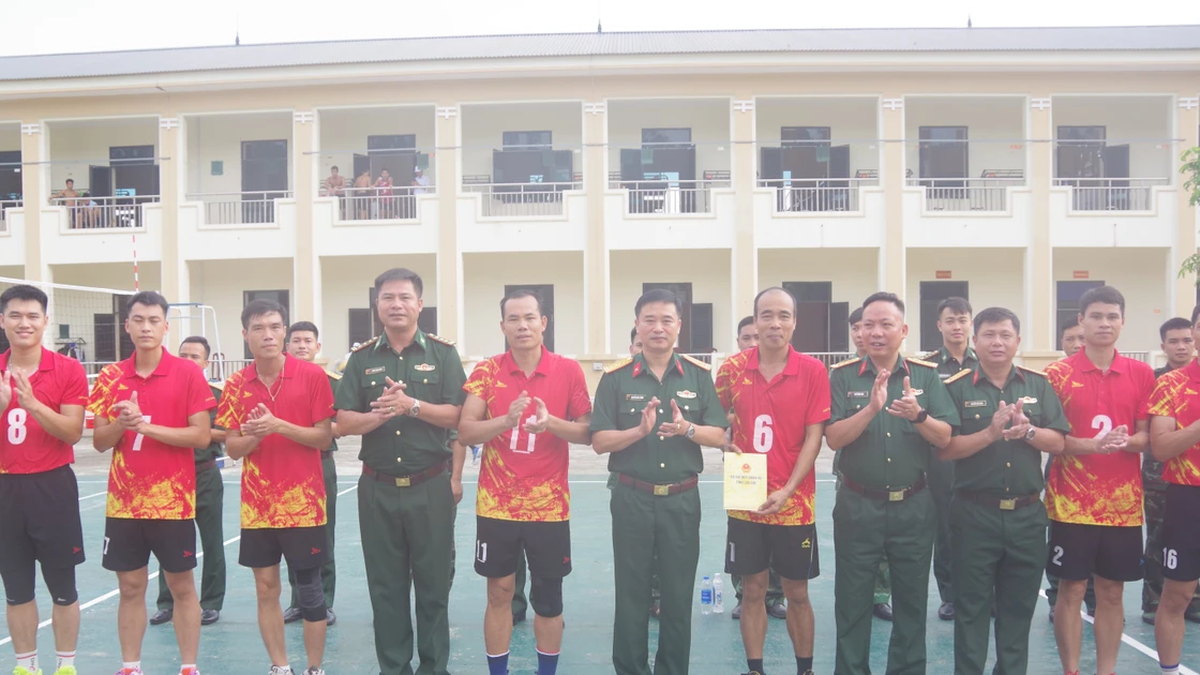


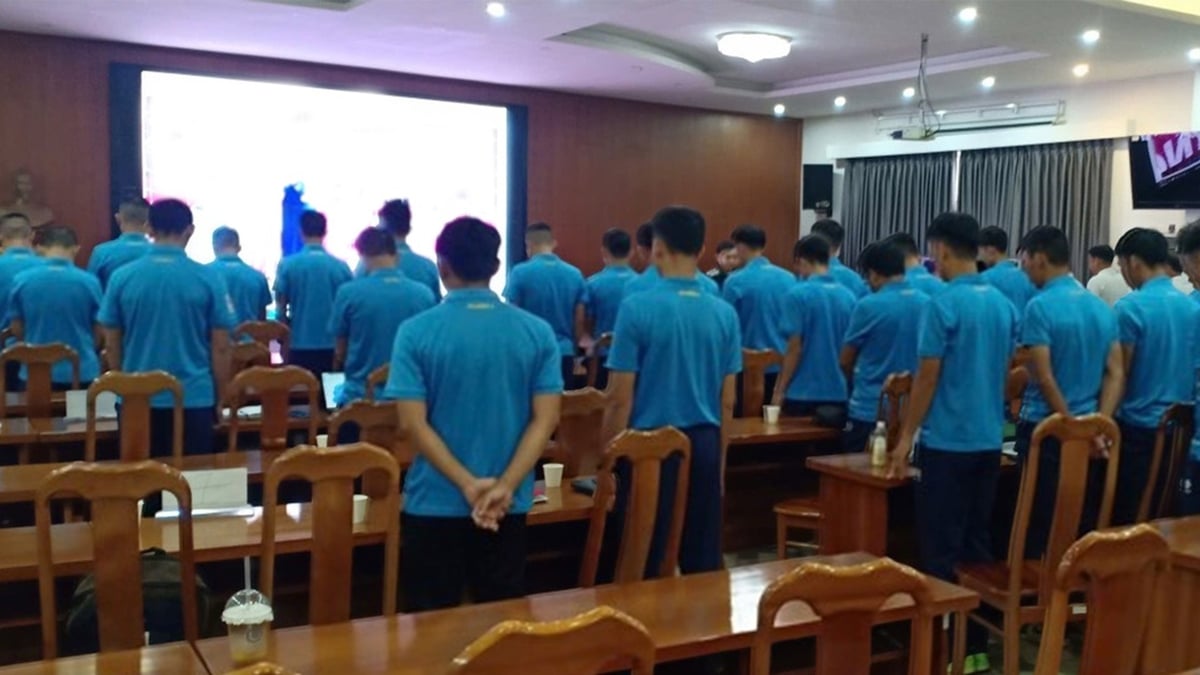

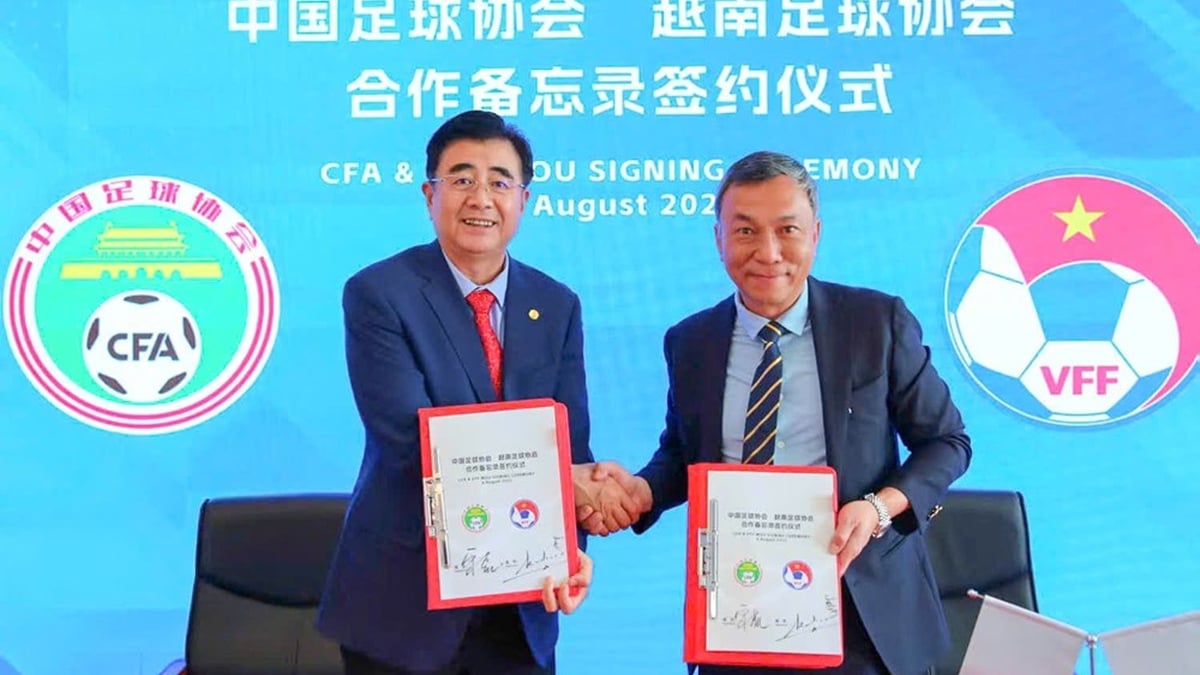














![[Photo] Nghe An: Provincial Road 543D seriously eroded due to floods](https://vphoto.vietnam.vn/thumb/1200x675/vietnam/resource/IMAGE/2025/8/5/5759d3837c26428799f6d929fa274493)

































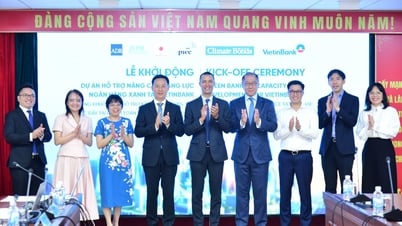




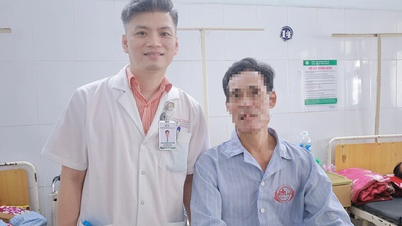
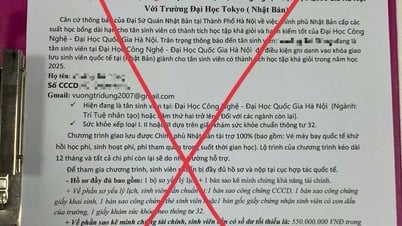
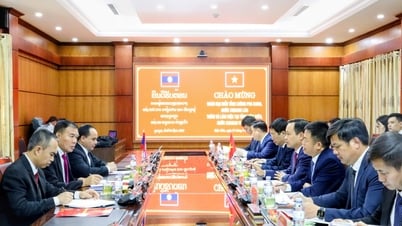


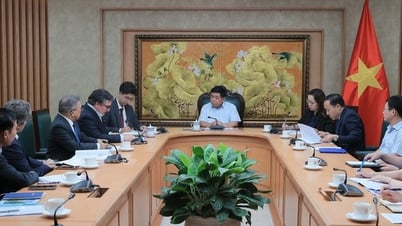



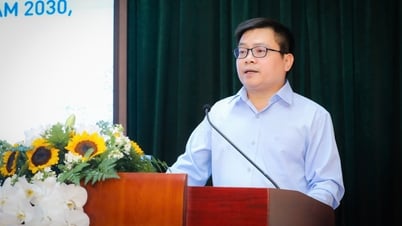


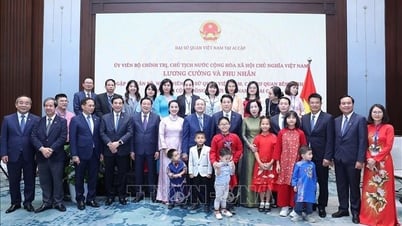


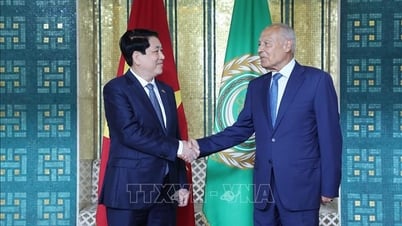





















Comment (0)